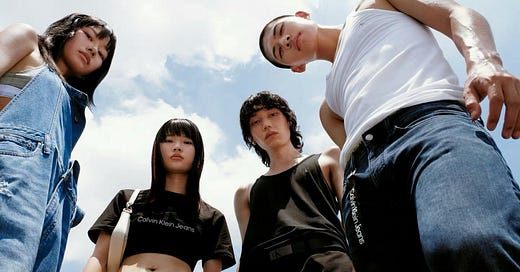New Productive Forces
"New productive forces" represents a leap in productivity, fastidious readers pointing out linguistic faults, Thailand's potential acquisition of three Yuan-class submarines from China
UPDATE: The phrase "new productive forces" represents a leap in productivity, driven predominately by technological innovation. This model of productivity diverges from traditional growth paths and aligns with the requirements of high-quality development.
Each week, literary magazine Yaowen Jiaozi receives dozens of letters from fastidious readers pointi…




